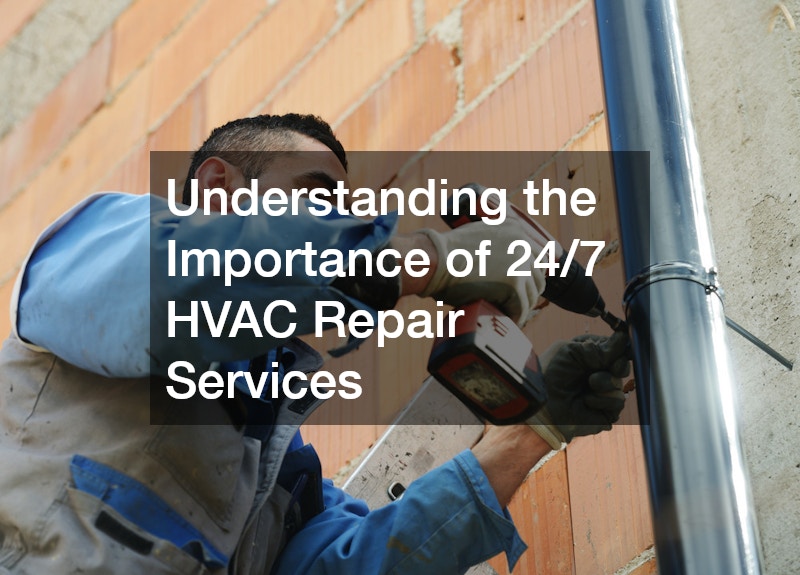Many homeowners face the eventual need to replace their water heater. Understanding the signs of when a replacement is necessary can save you time, money, and stress. A malfunctioning water heater can disrupt your daily routine, increase energy bills, and even cause property damage if leaks occur. In this article, we will explore the most common indicators that it might be time for a new water heater, helping you make informed decisions about your home’s plumbing and ensuring a steady supply of hot water.
What are the common signs that indicate a water heater replacement is needed?
Age of the Water Heater
Age is a major factor in water heater replacement. Traditional units last 8–12 years, tankless up to 20, and worn components can reduce efficiency and cause leaks, making timely replacement important.
Rusty Water
Rusty or discolored water is a clear sign of internal corrosion, which can weaken the tank and cause leaks. Persistent rust usually indicates it’s time for a water heater replacement.
Inadequate Hot Water
A drop in hot water is a sign your heater may be failing. Cold showers or quick depletion often indicate internal issues, helping you decide between repair and replacement.
Strange Noises
Rumbling, banging, or popping noises often come from sediment buildup in the tank, reducing efficiency. While flushing may help temporarily, persistent sounds usually signal it’s time for a replacement, as ignoring them can lead to leaks or tank failure.
How can you check for leaks in a water heater?
Examining the Floor Area
A simple first step in detecting leaks is to inspect the floor around your water heater. Moisture, puddles, or water stains on the surrounding area can be a clear sign that the tank or its connections are leaking. Early detection of leaks can prevent water damage to your flooring and walls.
Inspecting the Tank
Check the tank carefully for corrosion, cracks, or water pooling. Even small leaks can worsen over time, potentially causing damage, making a replacement more cost-effective than repeated repairs.
Checking Pipe Connections
Leaks can also occur at loose or corroded pipe connections. While tightening may help temporarily, recurring leaks usually indicate an aging system and the need for a water heater replacement.
Is it more cost-effective to repair or replace a water heater?
Assessing Repair Costs
When evaluating whether to repair or replace a water heater, compare repair costs to the price of a new unit. If repairs are frequent or expensive, investing in a replacement can be a smarter financial decision.
Energy Efficiency Considerations
Older water heaters typically operate less efficiently, consuming more energy and raising utility bills. Upgrading to a modern, energy-efficient unit can result in noticeable savings over time. Energy-efficient models also often qualify for rebates, further offsetting the cost of replacement.
Long-Term Savings
Replacing an old water heater can provide long-term financial benefits, including lower energy bills, reduced repair costs, and increased property value. While the upfront cost may be higher, the savings and peace of mind often justify the investment.
Current Condition of the Unit
Consider the overall condition of your water heater. If it shows signs of rust, leaks, inconsistent performance, or strange noises, replacement is likely the safer and more cost-effective choice. Delaying replacement can lead to emergency situations that are more expensive and inconvenient.
What should you consider when buying a new water heater?
Capacity and Size
Selecting the right size for your household is crucial. A unit that is too small will run out of hot water quickly, while an oversized heater wastes energy. Consider your household’s daily hot water needs when choosing capacity.
Types of Water Heaters
There are various options available, including tankless, traditional tank, and hybrid models. Tankless units provide hot water on demand and are more energy-efficient, while traditional tanks are generally more affordable upfront. Hybrid models combine features of both.
Efficiency Ratings
Energy efficiency ratings, such as the Energy Factor (EF) or Uniform Energy Factor (UEF), indicate how effectively a water heater converts energy into hot water. Higher ratings mean lower energy consumption and cost savings over the life of the unit.
Professional Installation
Proper installation is essential for optimal performance and safety. Hiring a licensed professional ensures your new water heater operates efficiently and complies with local building codes.
Recognizing the signs that your water heater needs replacement is key to a comfortable, trouble-free home. Noticing age, rusty water, inadequate hot water, or strange noises can help prevent costly issues. Inspecting for leaks, weighing repair versus replacement, and choosing the right new unit ensures efficient hot water and long-term savings. Staying informed allows homeowners to make confident decisions and protect their homes.




